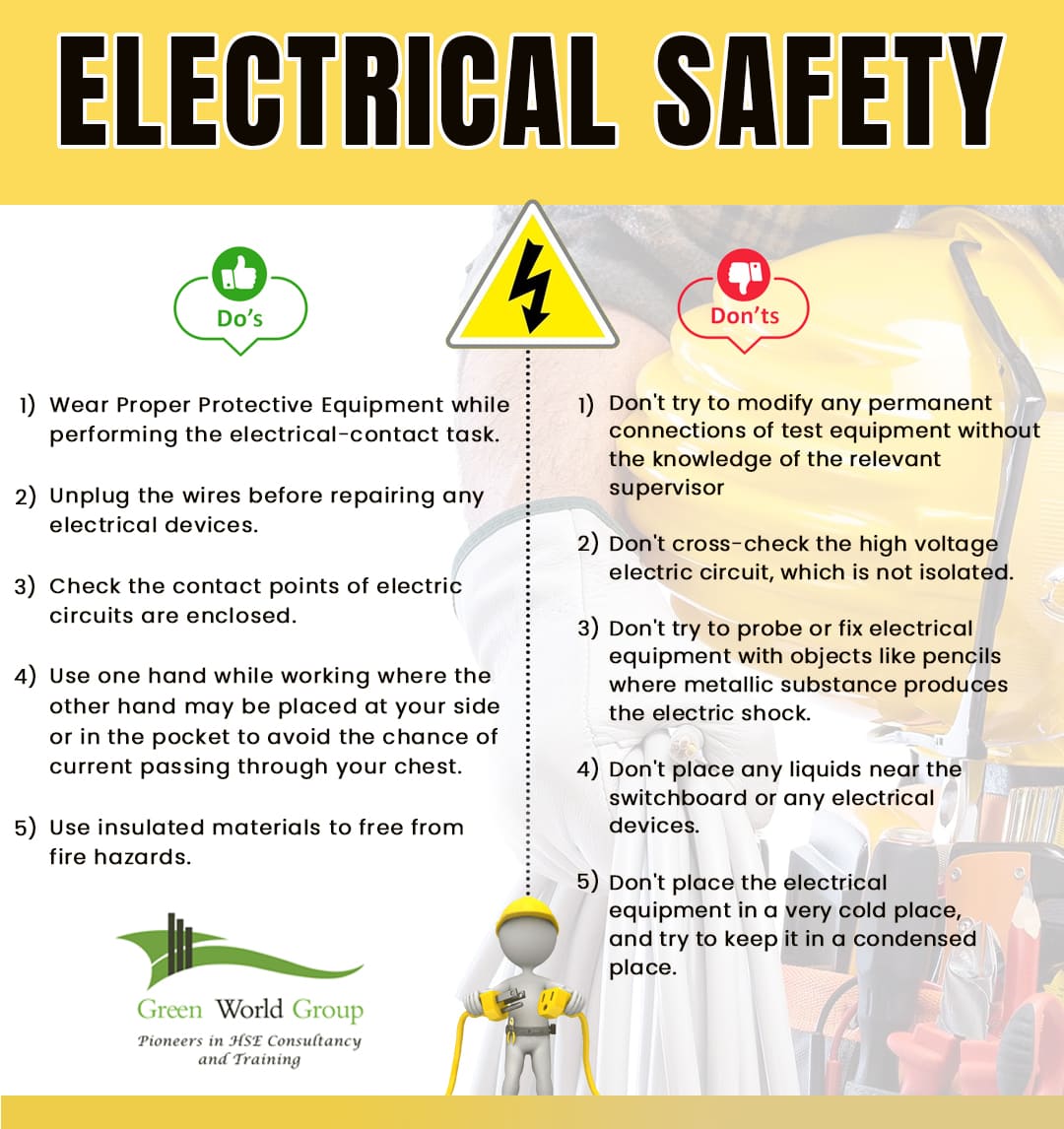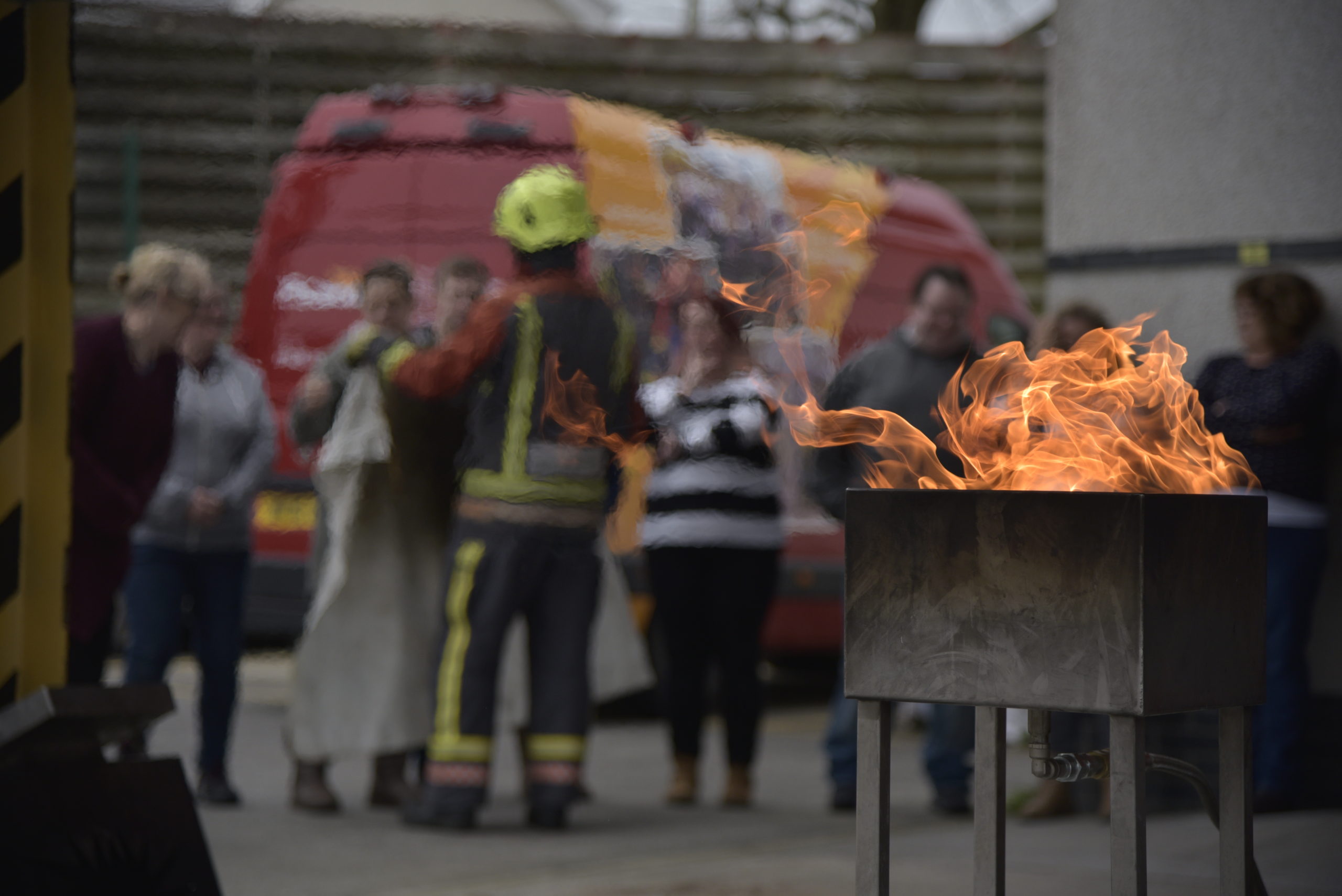Mastering Fire Safety Compliance: Training Made Easy
Mastering Fire Safety Compliance: Training Made Easy
Blog Article
Ensuring a safe workplace isn’t just a legal obligation—it’s a moral one, protecting employees, clients, and property.
Whether you manage a small office or a large corporate space, understanding fire safety protocols is essential to keeping everyone protected.
Read on to discover how to navigate certification renewals with confidence.
Why Fire Safety Matters in US Offices
According to the National Fire Protection Association (NFPA), thousands of commercial fires occur each year, causing billions in property damage and tragic losses of life.
Investing in proper fire safety measures is not just about meeting legal codes; it’s about creating a culture of care and preparedness.
Failure to comply can result in severe fines, legal liability, or even closure.
How Fire Brigade Training Prepares Offices for Emergencies
This training is essential for ensuring that offices can respond quickly and safely if a fire breaks out.
Employers are responsible for selecting suitable fire wardens and ensuring they receive regular training updates.
Well-trained fire wardens not only enhance safety but also help organizations pass compliance inspections, reducing legal and insurance risks.
Steps to Pass Fire Safety Inspections
In the US, many businesses must obtain fire safety certifications from local fire departments or regulatory bodies.
Check that all fire extinguishers are inspected and tagged, alarms are functioning, and exit routes are unobstructed.
Keep detailed maintenance records, update training logs, and perform regular fire drills to stay prepared.

Ongoing Strategies for Workplace Fire Prevention
This includes routine equipment checks, clear communication, and fostering a culture where all employees understand their role in fire prevention.
Regular maintenance is critical: schedule monthly checks on fire alarms, smoke detectors, sprinkler systems, and extinguishers.
When fire safety becomes part of the daily routine, employees are more confident, better prepared, and less likely to panic during a real event.
Why Compliance Matters for Liability and Coverage
Beyond regulatory penalties, companies may face reputational damage, employee distrust, and operational disruptions.
Many commercial insurance policies require proof of current fire safety certifications, maintenance logs, and training records.
By prioritizing fire safety, businesses demonstrate responsibility and reduce the risks of costly legal and financial setbacks.

Conclusion: Building a Fire-Safe Workplace
US companies that take fire safety seriously strengthen their resilience, enhance employee confidence, and minimize operational risks.
Fire safety readiness is a powerful signal of professionalism and care.
With the right approach, your company can navigate challenges confidently and ensure a safer, more secure future for everyone.
Common Questions on Workplace Fire Prevention
Which employees should receive fire brigade training?
However, all employees should receive basic fire safety orientation and know evacuation procedures.
What is the renewal period for fire safety compliance?
Regular internal reviews help ensure continuous compliance and smooth renewal processes.
What triggers most workplace fires in the US?
Good housekeeping and equipment maintenance are key to fire prevention.
Can non-compliance void my business insurance?
Insurance companies often require proof of fire safety compliance, including certifications, equipment maintenance, and training records.
What elements make up a solid fire emergency plan?
It should be clearly communicated, posted in visible areas, and reviewed regularly with staff.
descubra mais equipamentos para brigada de incêndio serviços de segurança predial Report this page